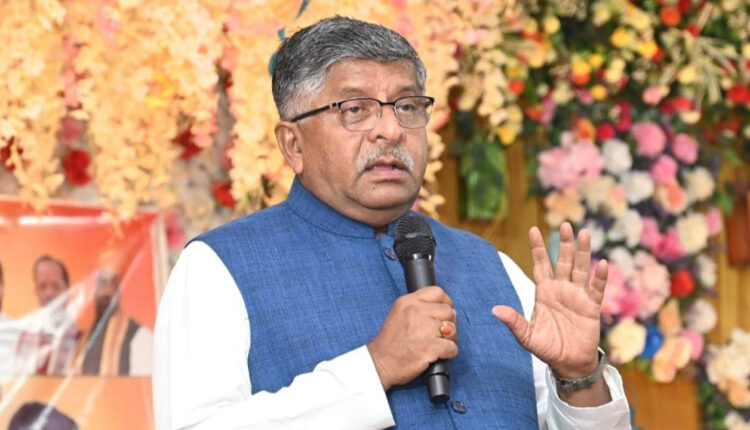The Waqf (Amendment) Bill, which has passed through both the Lok Sabha and Rajya Sabha after extensive debates, aims to empower Muslim women and ensure greater transparency in the management of Waqf properties, according to BJP MP Ravi Shankar Prasad.
In an exclusive interview with NDTV on Friday, the former law minister emphasized that the bill will not affect any mosque, place of worship, or graveyard. “The core issue is straightforward: it addresses whether the intentions of the Waqif, who dedicated the property for charitable purposes, are being followed by the Muttawali, the property manager,” Prasad said. “A Waqf is a legal entity, not a religious one, and the Muttawali has no rights over the property, as once a Waqf is established, the ownership vests in Allah.”
Prasad also highlighted that the Bill will benefit marginalized Muslim women, particularly widows, by ensuring proper use and management of Waqf assets. He pointed out the misuse of Waqf land in areas such as the Dak Bungalow locality in Patna, his hometown, where five-star hotels and showrooms have been constructed instead of community-focused developments.
India, which has the largest number of Waqf properties globally, has seen little development of hospitals, universities, or training centers on these lands, Prasad argued. “The question is whether the Waqf property is being used as intended by the person who dedicated it or whether it’s being exploited for personal gain,” he said.
Prasad further emphasized that the Bill will promote transparency, making Waqf boards more accountable. “Everything will be available online, from property locations to the identity of the Muttawali and the property’s usage, ensuring complete transparency,” he concluded.



Comments are closed.